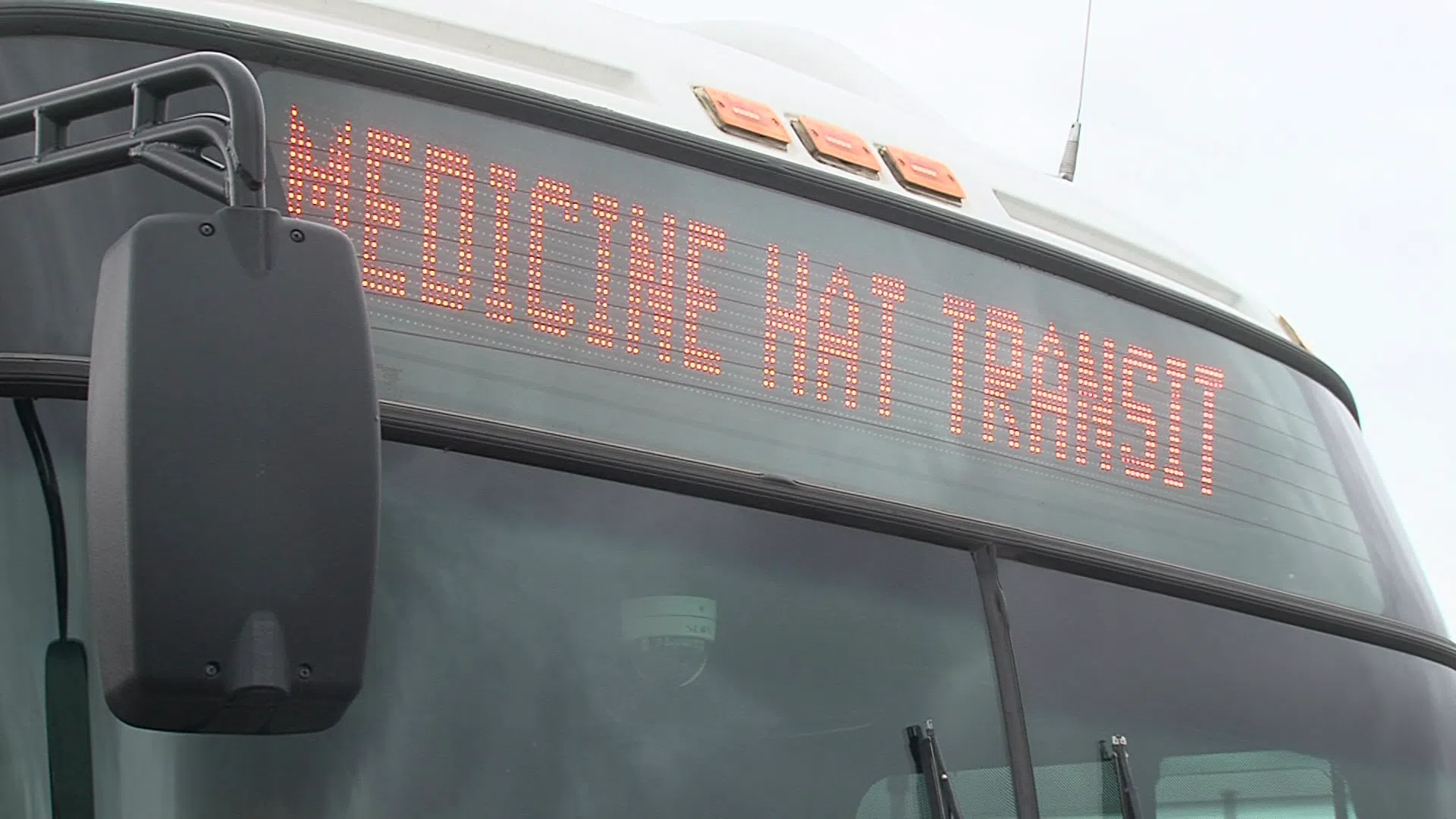
City looking to improve public transit
Thousand of Medicine Hat residents take public transit each day, and despite having to wait in the cold sometimes, most are happy with the service.
“After every 30 minutes there’s a bus,” says Pramath, a business student at Medicine Hat College. “So that’s good for us students.”
MEDICINE MAT — Back in September of last year, the city implemented a new bus system to bring down costs.
